A new student club is expanding how we define diversity by creating a space where people of all neurological backgrounds can feel a sense of belonging.
When people think of diversity, they often focus on ethnicity, religion, or cultural beliefs. However, neurodiversity is often overlooked. Many people associate neurodiversity solely with autism, but it also includes other neurological conditions, such as attention-deficit/hyperactivity disorder (ADHD), obsessive-compulsive disorder (OCD), and dyslexia.
Lucy Schwarzman, Class of 2029, recently founded the Neurodivergent Student Alliance (NSA) to promote understanding and acceptance of neurodiversity. “A lot of people here are neurodivergent,” Schwarzman said. “It’s super important to notify people about neurodiversity.”
Neurodiversity highlights that neurological differences are not deficiencies but natural variations that contribute unique talents and perspectives to our community and the world. Each neurological profile has distinct strengths and challenges that enrich the diversity that fosters creativity and innovation.
The NSA aims to educate students by building a supportive community for neurodivergent individuals and creating an inclusive space that respects neurological differences. “Navigating life and school is very difficult for neurodivergent students,” Schwarzman said. Through the club, she hopes to reduce stigma and challenge implicit biases toward neurodiverse individuals and clarify that neurodivergent does not simply mean autistic.
The NSA meets every Wednesday in Wang 326, where neurodivergent and neurotypical students alike are invited to discuss and learn about neurodiversity. For more information, email Lucy Schwarzman at lschwarzman1@hwemail.com.

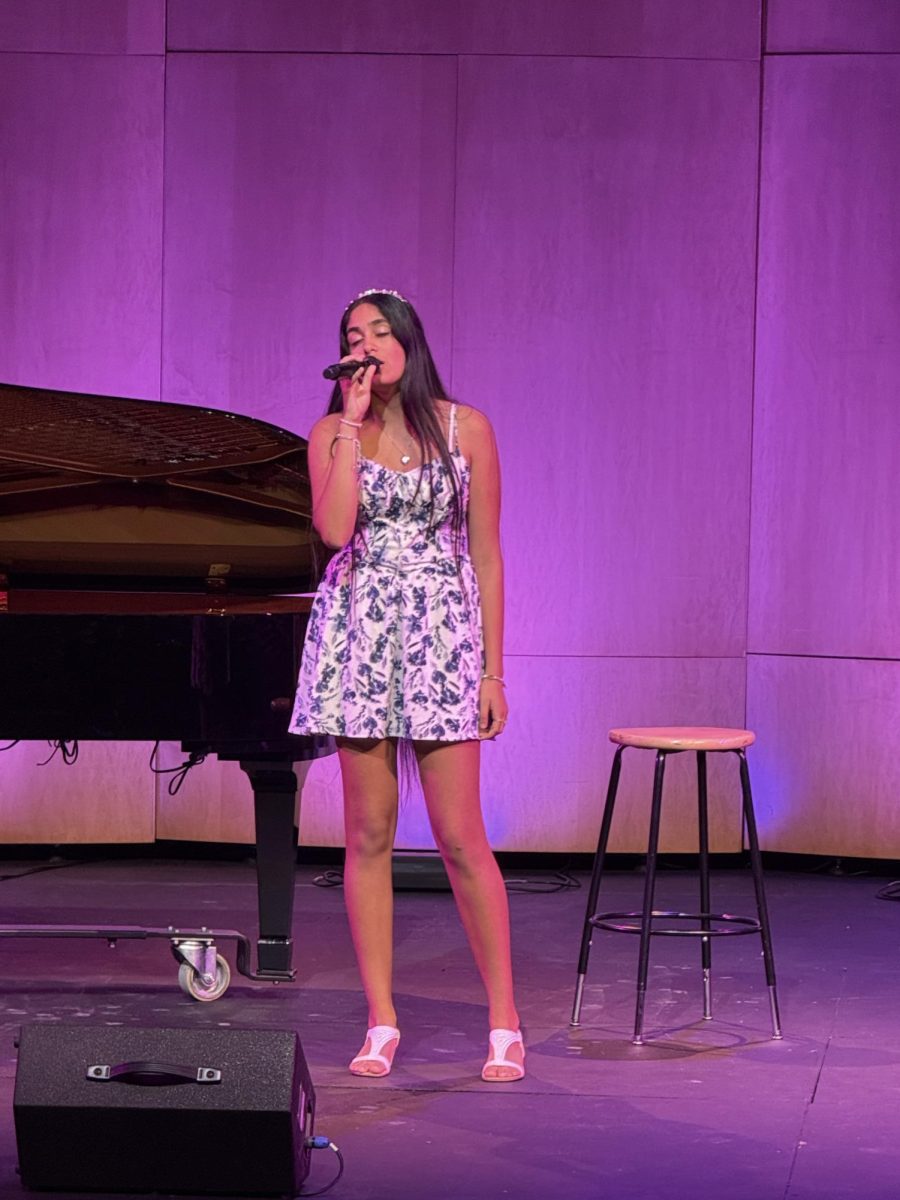
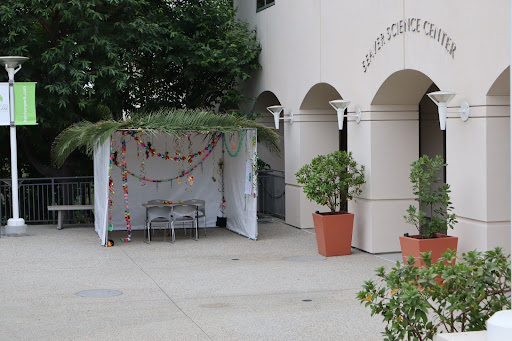
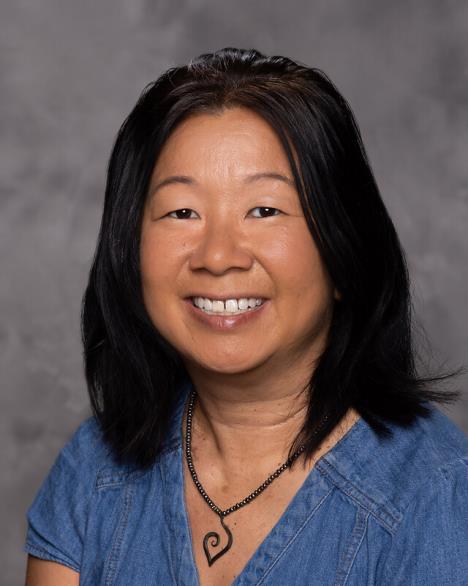
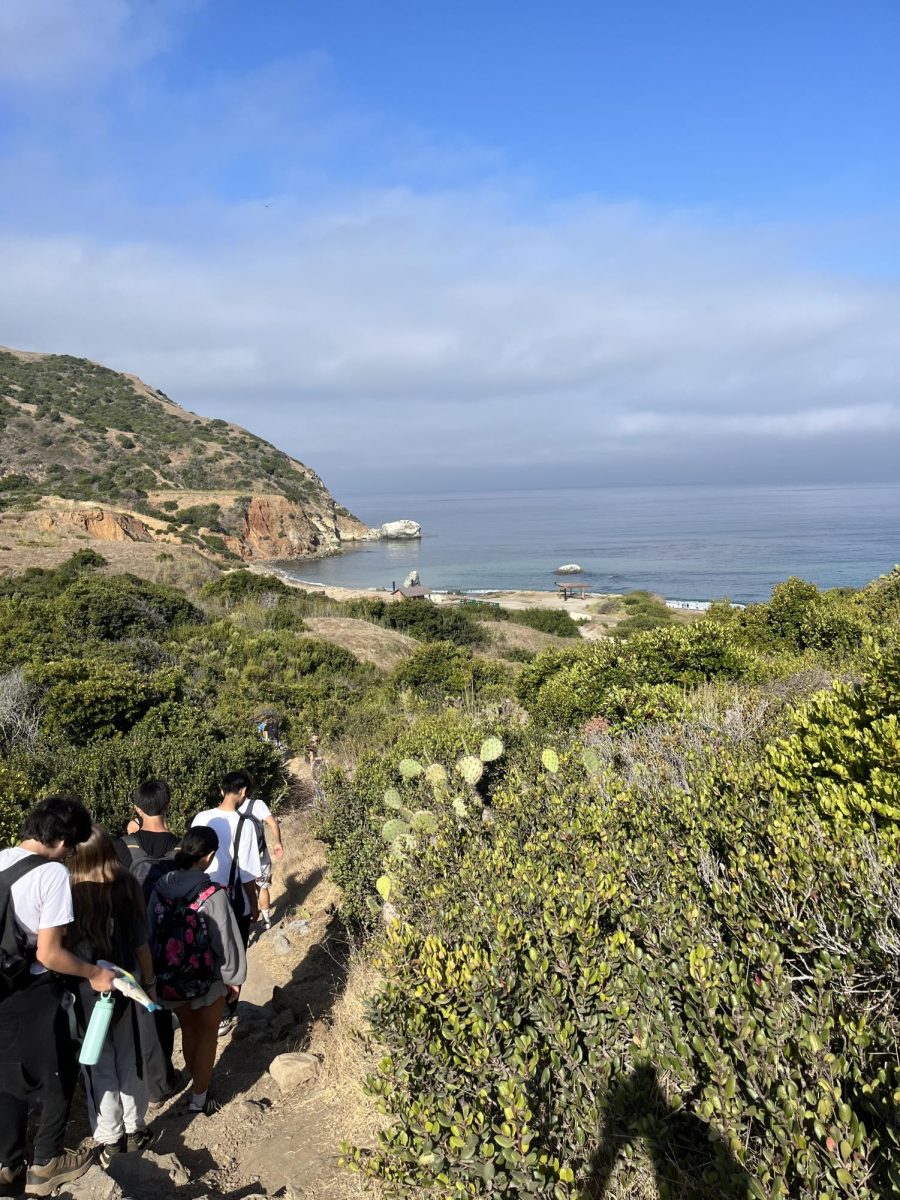
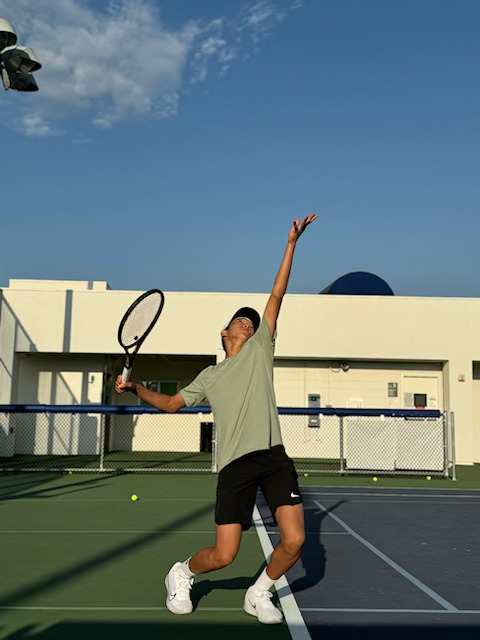






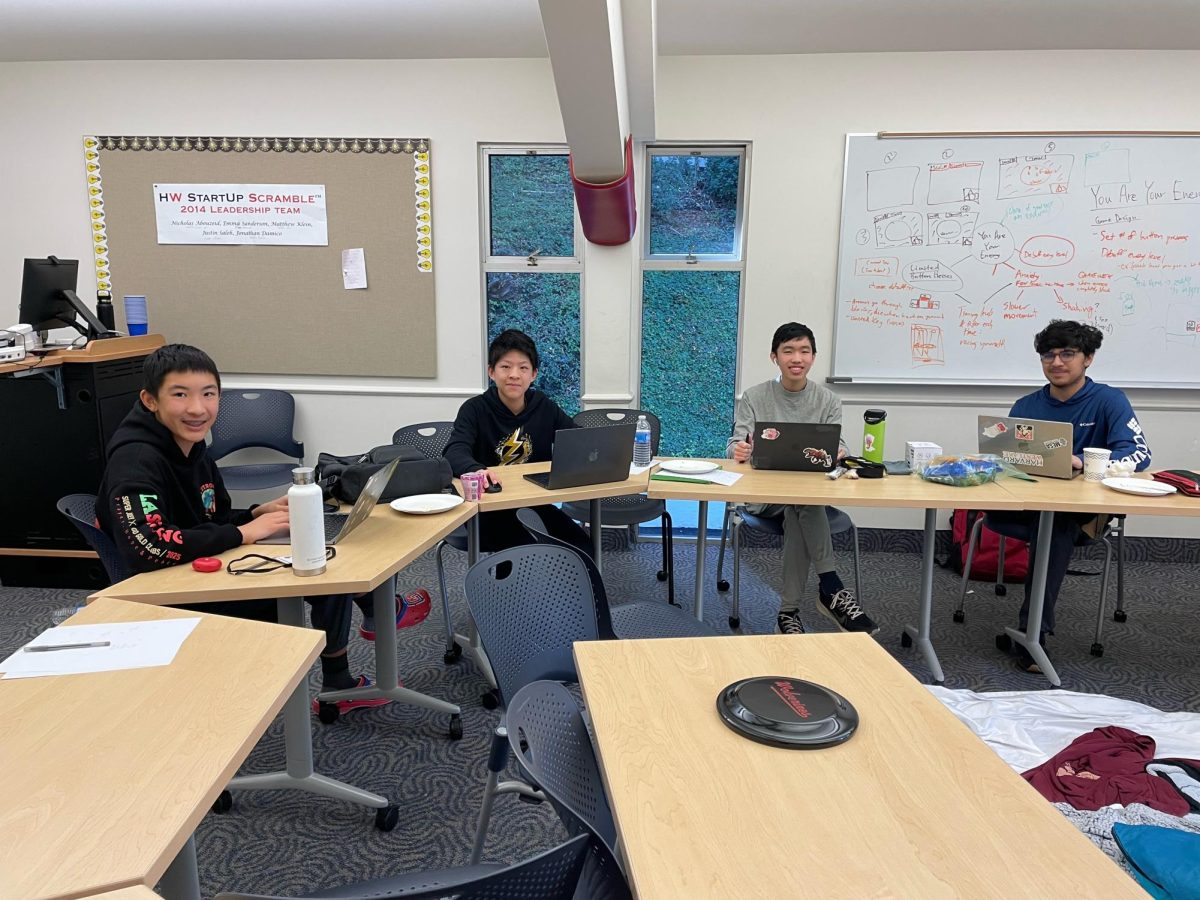
Joan K Carceo | Nov 23, 2024 at 11:29 am
Great reporting for a club that really makes a difference!